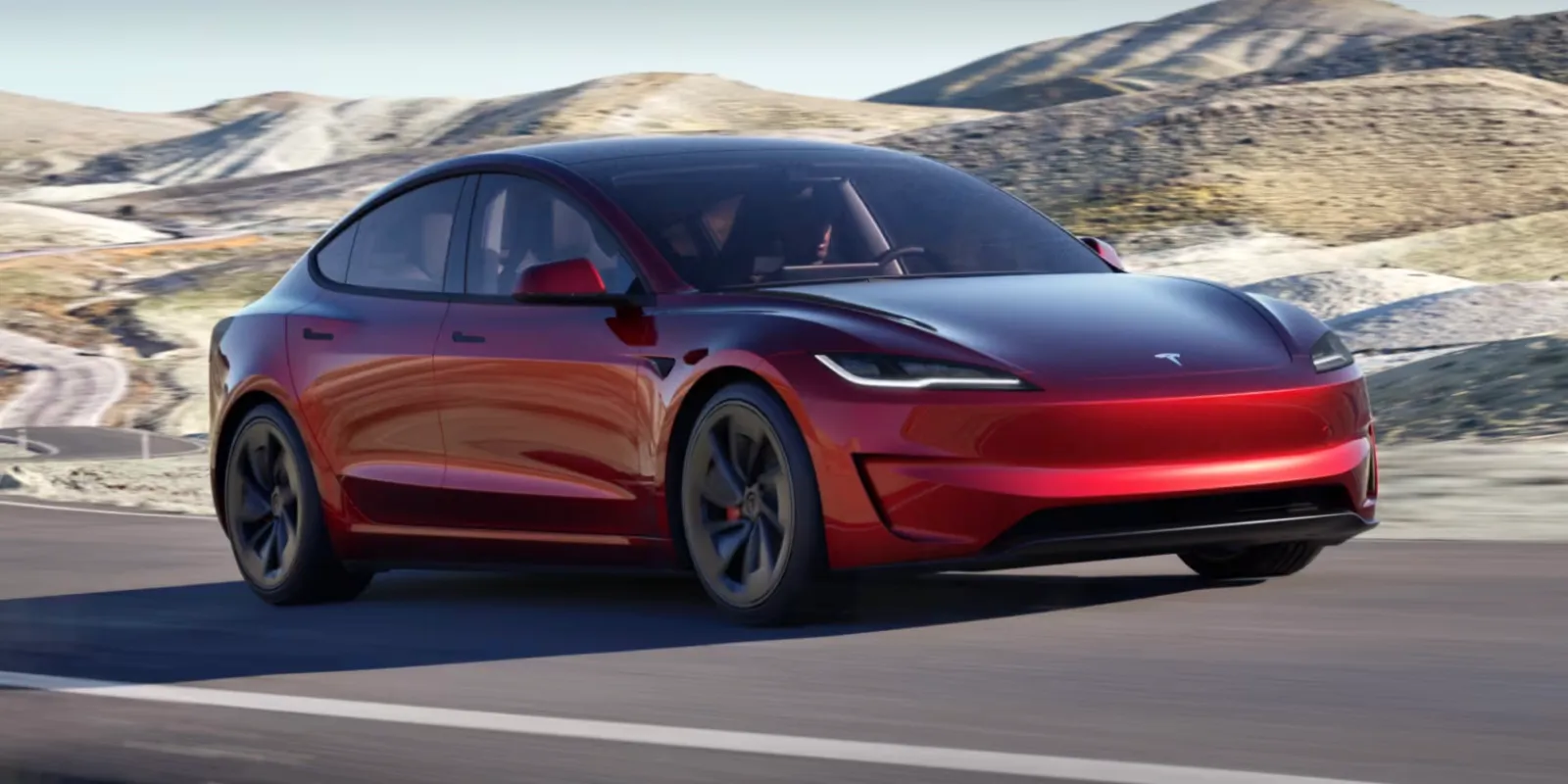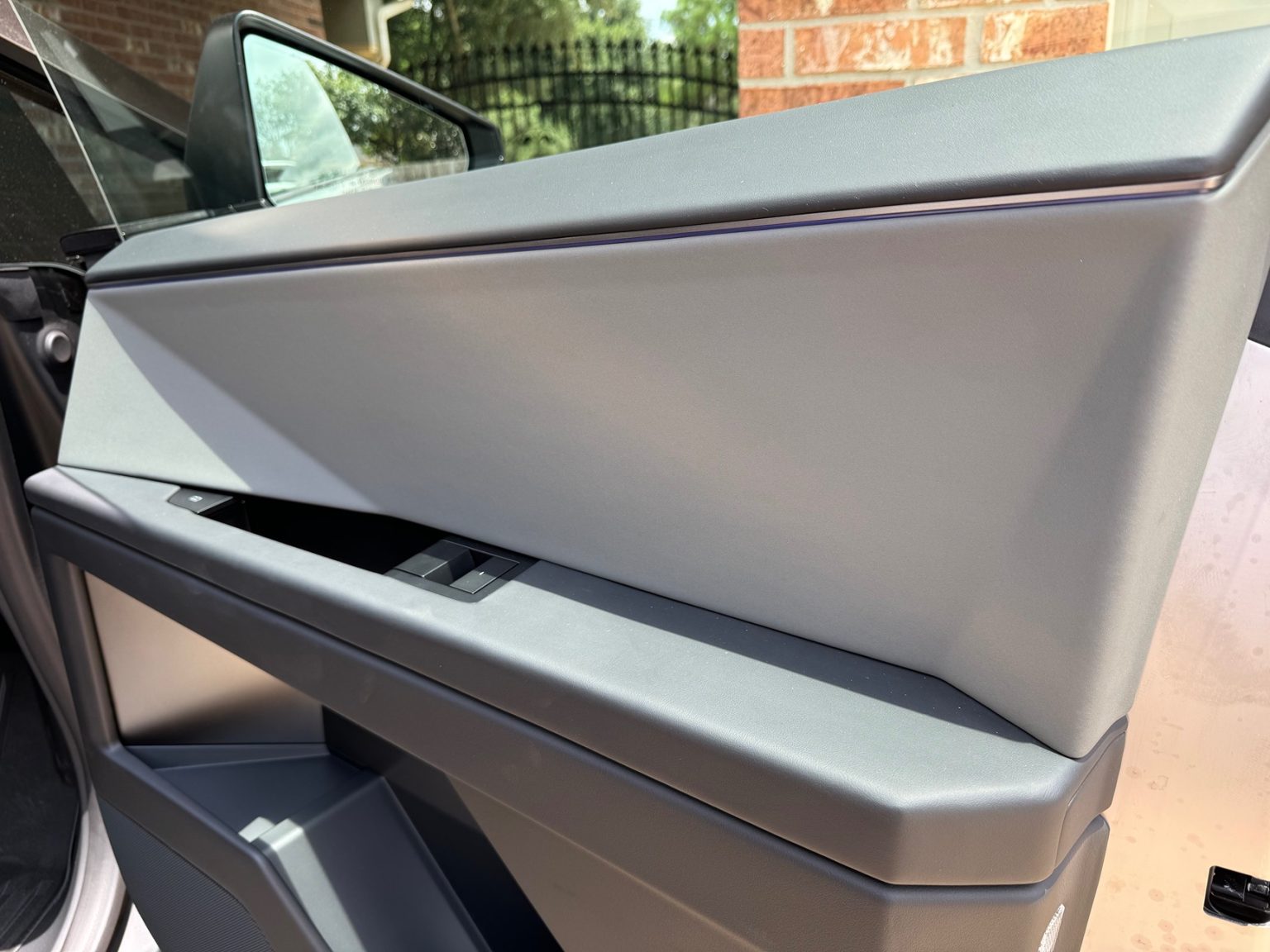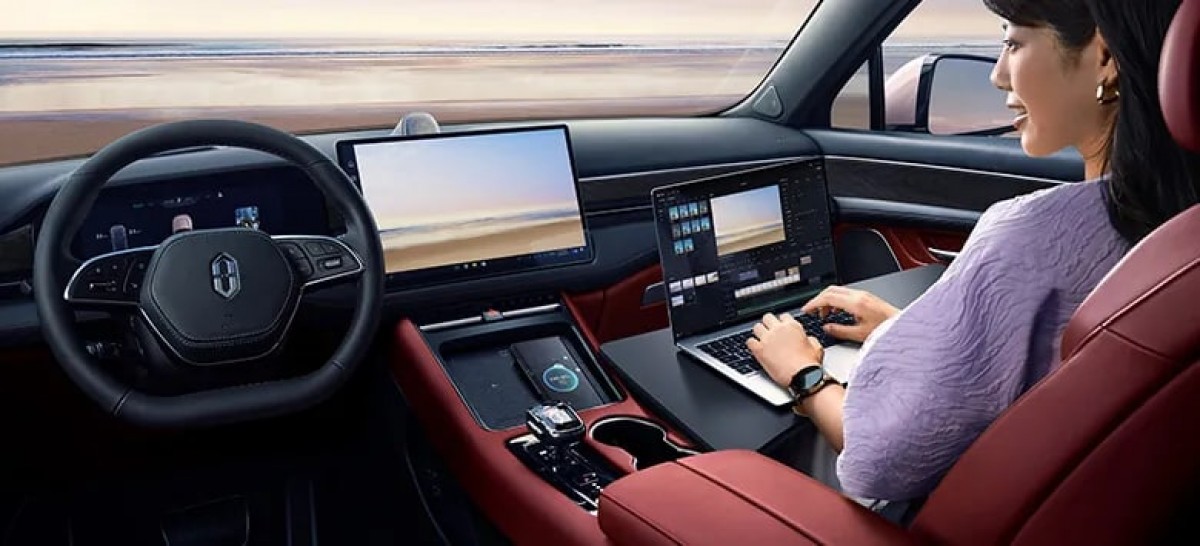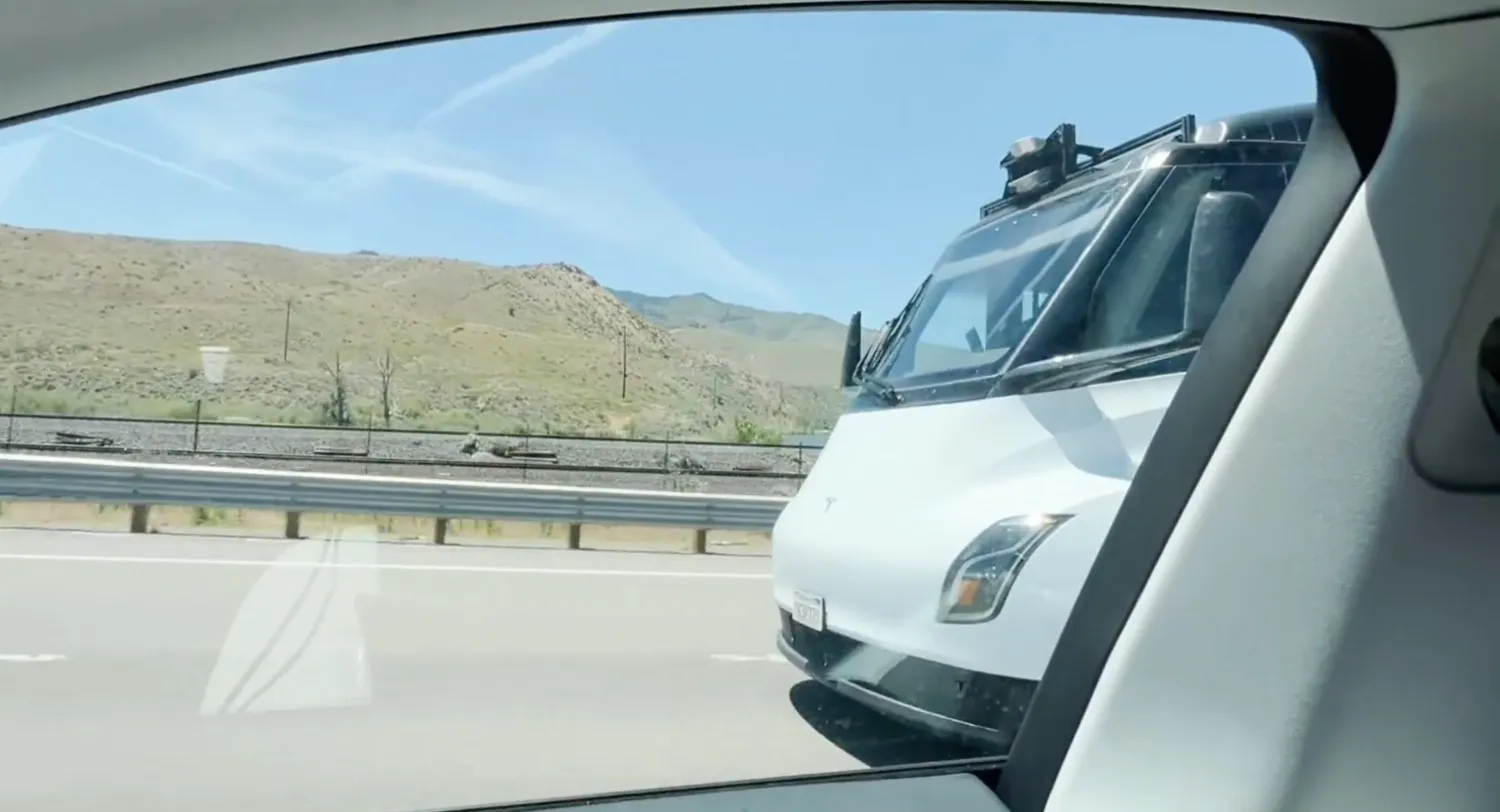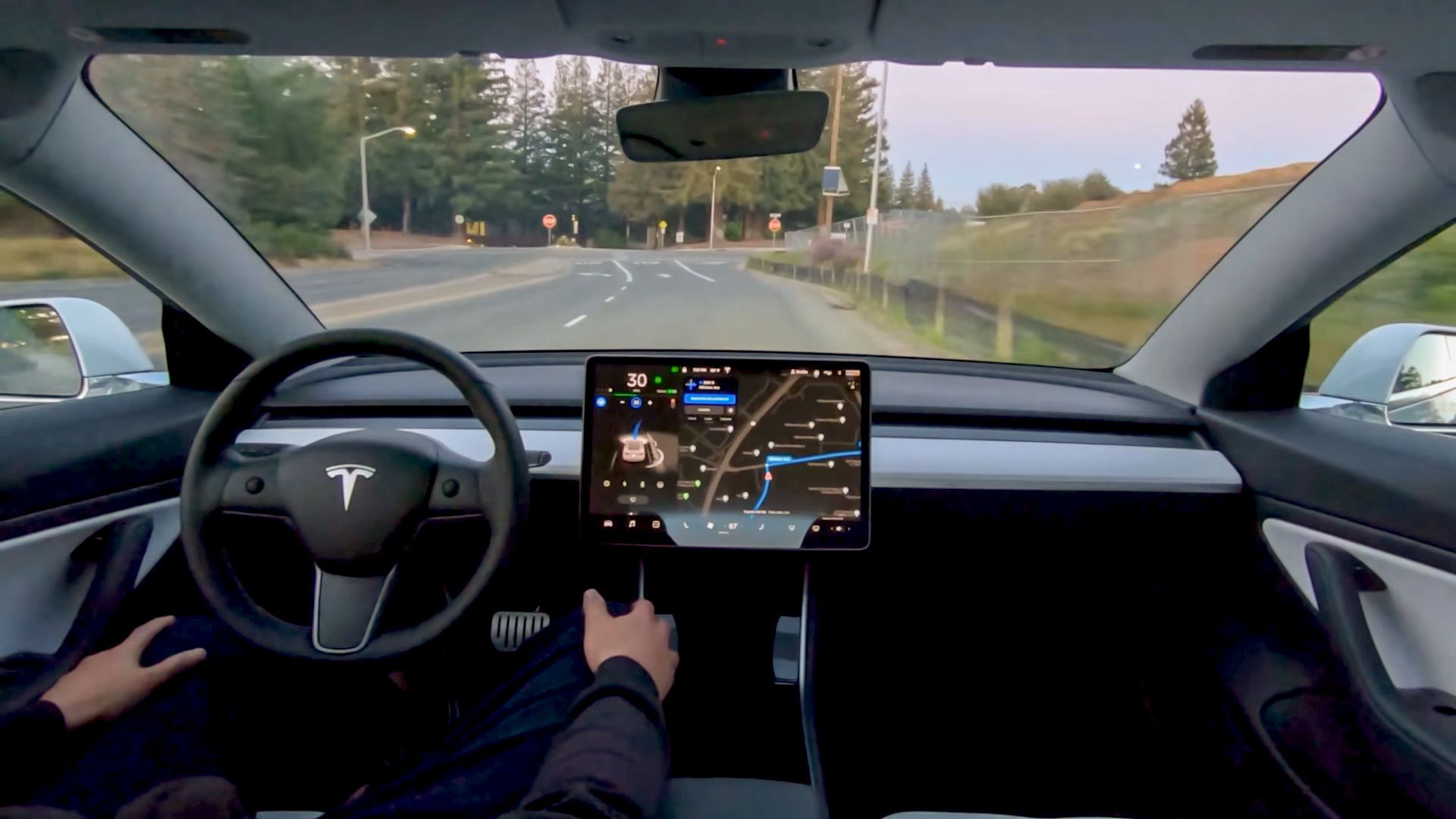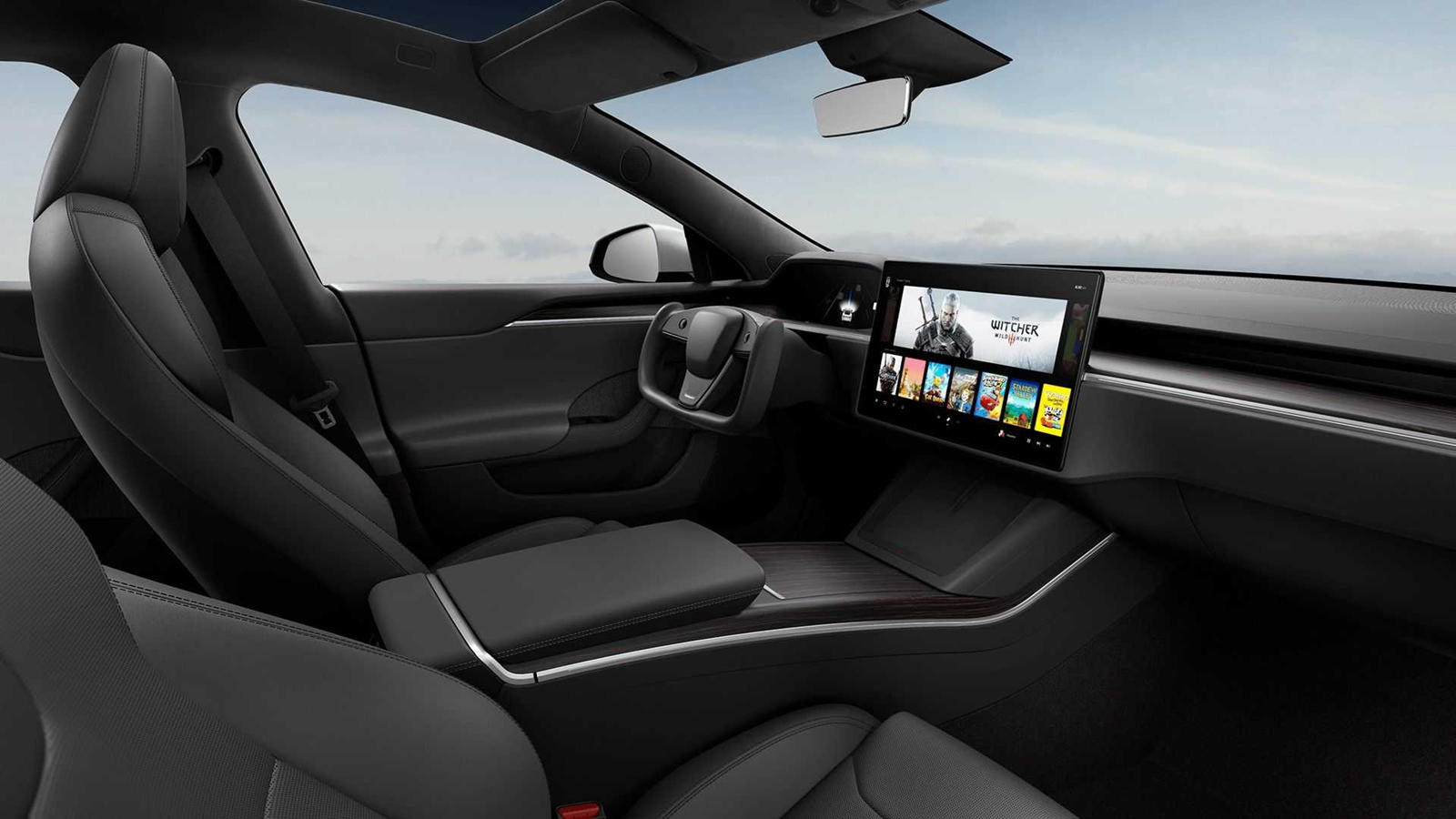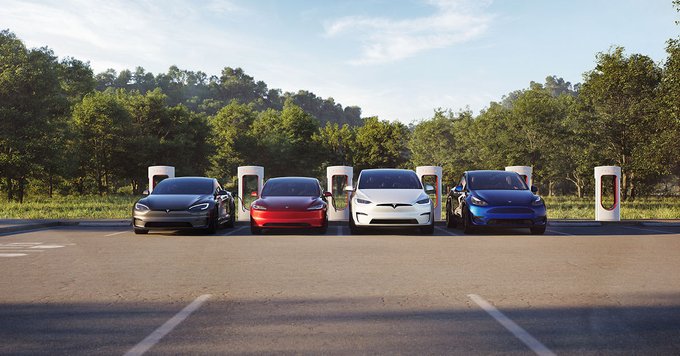Tesla, Rivian, and Polestar faced significant challenges in J.D. Power’s latest Initial Quality Study for 2024, marking a departure from previous accolades for electric vehicle (EV) brands.
According to the report, Tesla and Rivian emerged among the lowest performers in initial vehicle quality, trailing behind most traditional automakers. Polestar, the electric performance brand, ranked the lowest overall in the study.
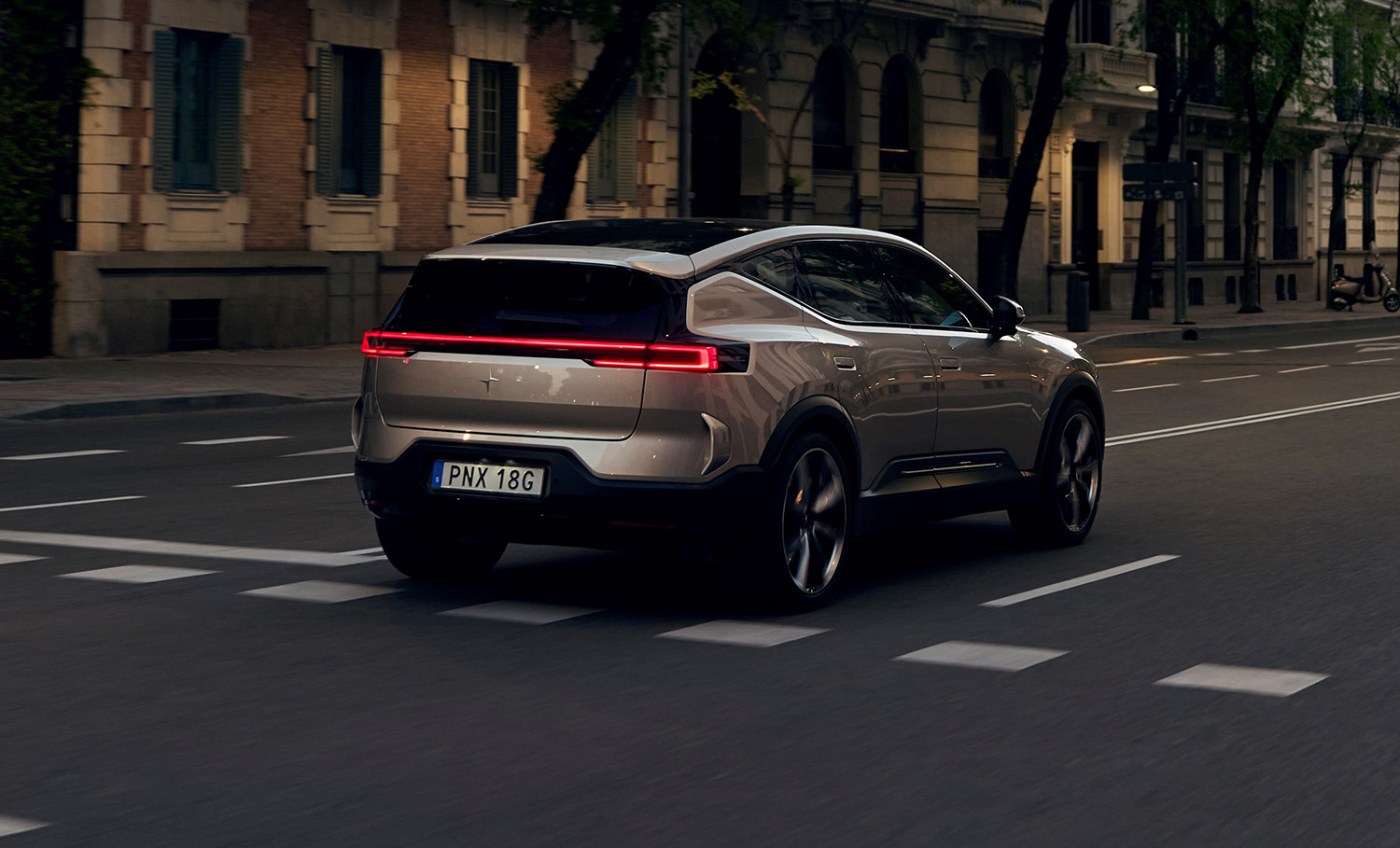
J.D. Power’s Senior Director of Auto Benchmarking, Frank Hanley, highlighted the impact of new technology on vehicle quality:
“It is not surprising that the introduction of new technology has challenged manufacturers to maintain vehicle quality. However, the industry can take solace in the fact that some problem areas such as voice recognition and parking cameras are seen as less problematic now than they were a year ago.”
The study underscored issues reported by owners and manufacturers of EVs, suggesting that while proponents highlight fewer problems with these vehicles, repair data newly incorporated this year showed higher repair rates for battery electric vehicles (BEVs) and plug-in hybrid electric vehicles (PHEVs) compared to gas-powered vehicles across all categories.
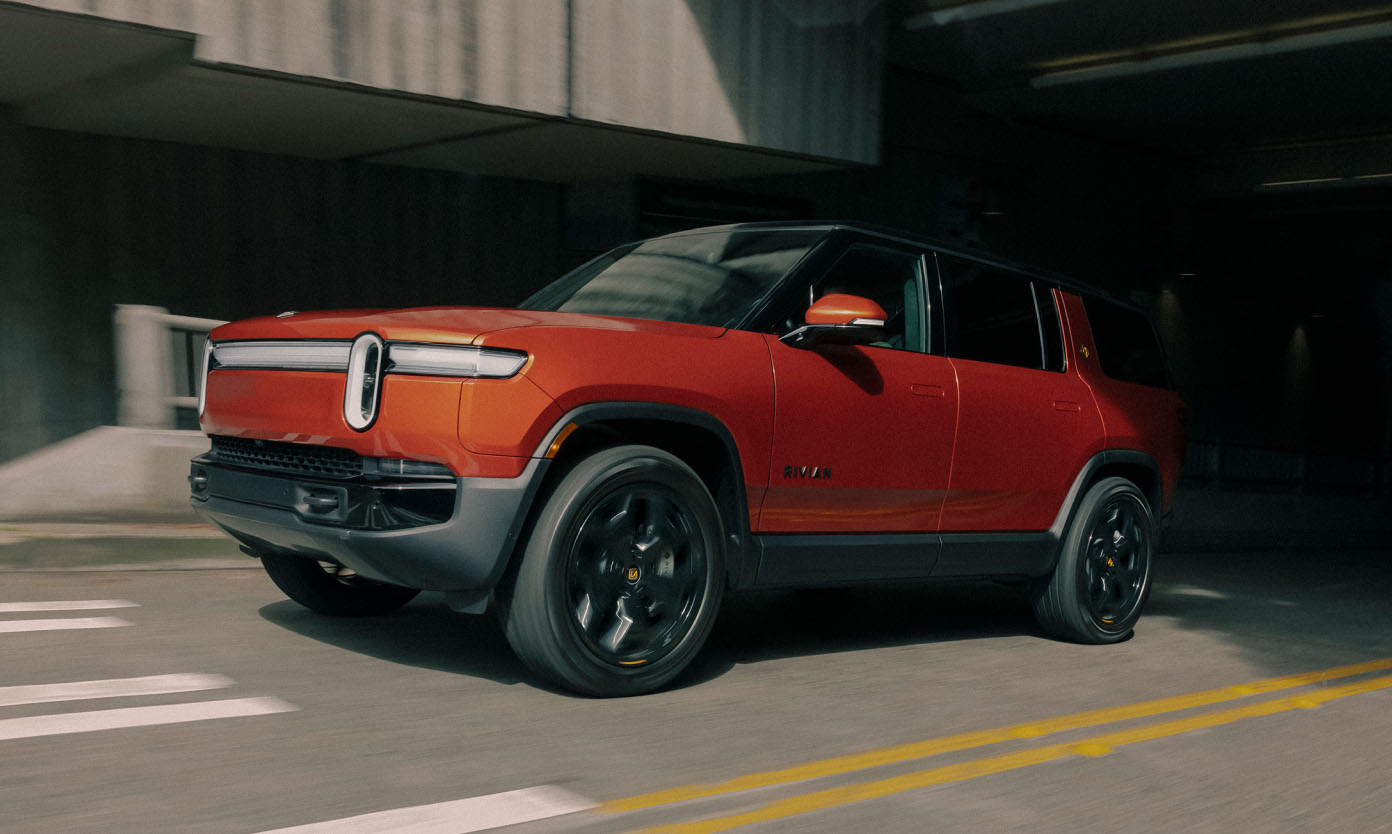
Hanley pointed out the severity of problems faced by owners of tech-filled EVs:
“Owners of cutting-edge, tech-filled BEVs and PHEVs are experiencing problems that are of a severity level high enough for them to take their new vehicle into the dealership at a rate three times higher than that of gas-powered vehicle owners.”
In terms of overall rankings, Ram emerged as the top-performing brand with 149 problems per 100 vehicles, followed closely by Chevrolet (160), Hyundai (162), and Kia (163). The industry average was 195 problems per 100 vehicles.
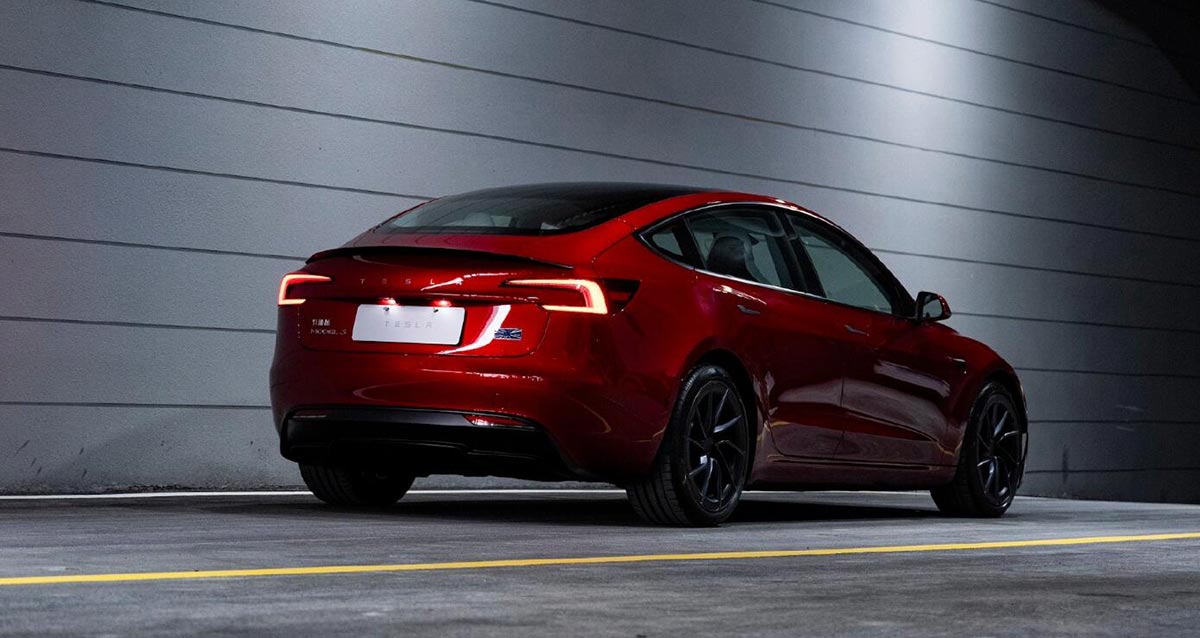
Tesla’s specific challenges were noted in the report:
“Gas- and diesel-powered vehicles averaged 180 PP100 this year, while BEVs averaged 266 PP100. Tesla, once a standout in quality studies, now faces similar quality issues as traditional OEMs, with both at 266 PP100. Changes in traditional feature controls, such as turn signals and wiper stalks, have not resonated well with Tesla customers.”
Historically, Tesla has excelled in J.D. Power studies focused on EV ownership experience and in-vehicle technology, making this year’s results a notable departure from past performance.
The study’s findings suggest a leveling of the playing field as traditional automakers address and potentially surpass EV makers in initial quality metrics, posing new challenges for Tesla, Rivian, and Polestar in the competitive automotive landscape.

